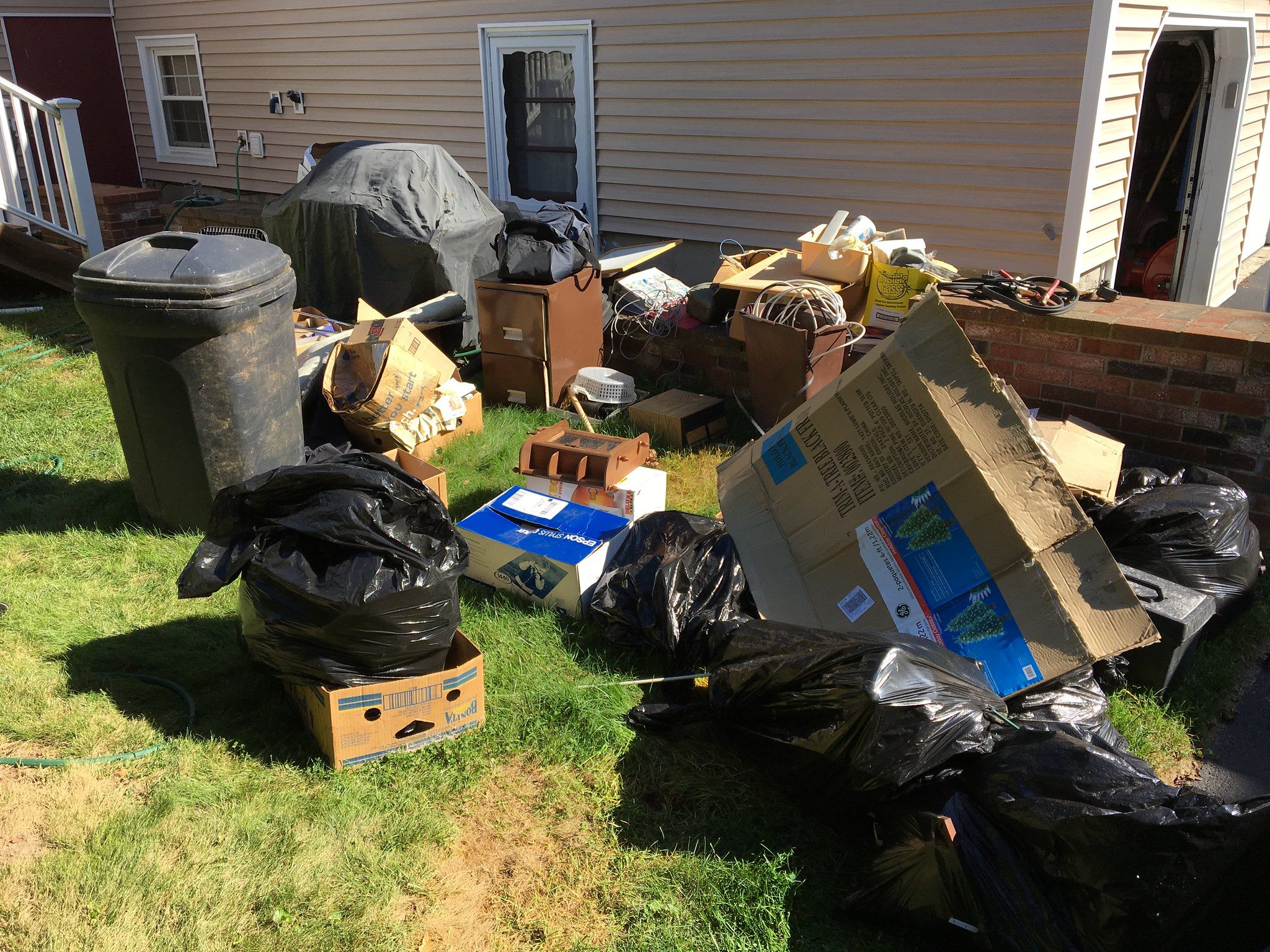When it comes to household junk pickup, homeowners often wonder whether services also include hazardous waste disposal. It’s a crucial question, as many households accumulate materials that could pose health risks if not handled properly. In this article, we explore whether junk removal services accept hazardous materials, the types of hazardous waste, and the best practices for their disposal.
What is Hazardous Waste?
Hazardous waste refers to any material that can be dangerous or harmful to human health and the environment. Common hazardous materials found in homes include:
- Chemicals (like cleaning agents, pesticides, or solvents)
- Batteries (including lithium-ion, car, and alkaline batteries)
- Paints and varnishes
- Fluorescent light bulbs
- Motor oil and other automotive fluids
- Electronic waste (e.g., old computers, televisions)
- Asbestos-containing materials
- Medications and medical waste
These materials cannot be disposed of in regular household garbage due to strict environmental regulations. Improper disposal can result in contamination of land, water, and air, making it critical to manage such waste carefully.
Do Junk Removal Services Handle Hazardous Waste?
In most cases, household junk pickup services do not include hazardous waste disposal. The primary reason is the health and environmental risks associated with handling hazardous materials. Junk removal companies are generally not certified to handle or dispose of hazardous waste due to the specialized processes required for safe disposal.
Some companies may collect certain items considered hazardous under specific conditions, but this is often limited and subject to local laws and regulations. For example, some services may accept electronic waste or old appliances, but items like chemicals, batteries, or asbestos are usually off-limits.
How to Properly Dispose of Hazardous Waste
Given that most junk removal services do not handle hazardous waste, homeowners are responsible for ensuring these items are disposed of correctly. Below are some best practices for hazardous waste disposal:
1. Identify Hazardous Waste Collection Days
Many municipalities organize hazardous waste collection days, where residents can drop off materials at designated locations. This service is typically offered for free or at a minimal cost, making it a convenient option for homeowners looking to dispose of materials like paints, solvents, and batteries.
2. Use Specialized Drop-Off Locations
In some areas, there are permanent drop-off locations specifically designed for hazardous waste. These facilities are equipped to handle a wide variety of dangerous materials and ensure that they are disposed of in an environmentally safe manner. Check your local government’s website for information on nearby hazardous waste disposal facilities.
3. Retailer Take-Back Programs
Many retailers offer take-back programs for specific types of hazardous waste. For example, home improvement stores may accept old paint or batteries for proper disposal. Automotive stores often provide services for the disposal of motor oil and other fluids. Research local businesses to find programs that may be available in your area.
4. Hiring a Certified Hazardous Waste Disposal Company
If you have a significant amount of hazardous material, hiring a certified hazardous waste disposal company may be necessary. These companies are licensed to transport and dispose of hazardous materials in accordance with local, state, and federal regulations. Although this option can be more expensive than municipal or retailer programs, it ensures that hazardous waste is handled professionally and safely.
Common Household Items Considered Hazardous Waste
Let’s take a deeper look at some of the most common hazardous materials found in households and how to safely dispose of them:
1. Paints and Solvents
Leftover paints, varnishes, and solvents should never be poured down the drain or thrown into the regular trash. Many communities have dedicated paint recycling programs that allow you to drop off old paint, which is then recycled or safely disposed of. Paint hardeners, available at most hardware stores, can also be used to solidify leftover paint before disposal.
2. Batteries
Batteries contain heavy metals like lead, mercury, and cadmium, which can leach into the environment if not disposed of properly. Most municipalities offer battery recycling options, and some retailers provide battery collection bins where customers can drop off used batteries for safe recycling.
3. Electronic Waste (E-Waste)
Old electronics like computers, televisions, and smartphones are considered e-waste, which contains hazardous materials like lead, mercury, and cadmium. E-waste should never be thrown into regular garbage. Instead, find a certified e-waste recycling facility in your area or use retailer take-back programs.
4. Automotive Fluids
Old motor oil, antifreeze, and transmission fluids can be harmful to the environment. Many auto parts stores offer free recycling services for these fluids, or you can take them to a hazardous waste drop-off location. Be sure to transport fluids in sealed, leak-proof containers.
5. Fluorescent Bulbs
Fluorescent light bulbs contain mercury, which can be extremely harmful to the environment. These bulbs should be disposed of through a hazardous waste collection program or at a recycling facility that accepts fluorescent lighting.
What to Do if Junk Removal Services Won’t Accept Your Hazardous Waste
If you’re working with a junk removal service and they cannot accept your hazardous materials, there are several steps you can take to manage the situation effectively:
- Contact your local waste management authority to find out about hazardous waste collection services in your area.
- Store hazardous materials safely until you can properly dispose of them. Ensure they are kept in their original containers, clearly labeled, and stored away from children and pets.
- Explore alternative junk removal services that may specialize in or have certifications for hazardous waste disposal, depending on the types of materials you have.
Conclusion
While household junk pickup services are highly convenient for getting rid of old furniture, appliances, and general clutter, they usually do not accept hazardous waste. Hazardous materials, including chemicals, batteries, and electronic waste, require special handling to prevent environmental damage and health risks. By following best practices for hazardous waste disposal and taking advantage of municipal programs, retailer take-back services, and certified disposal companies, homeowners can ensure they are disposing of these materials safely and responsibly.
